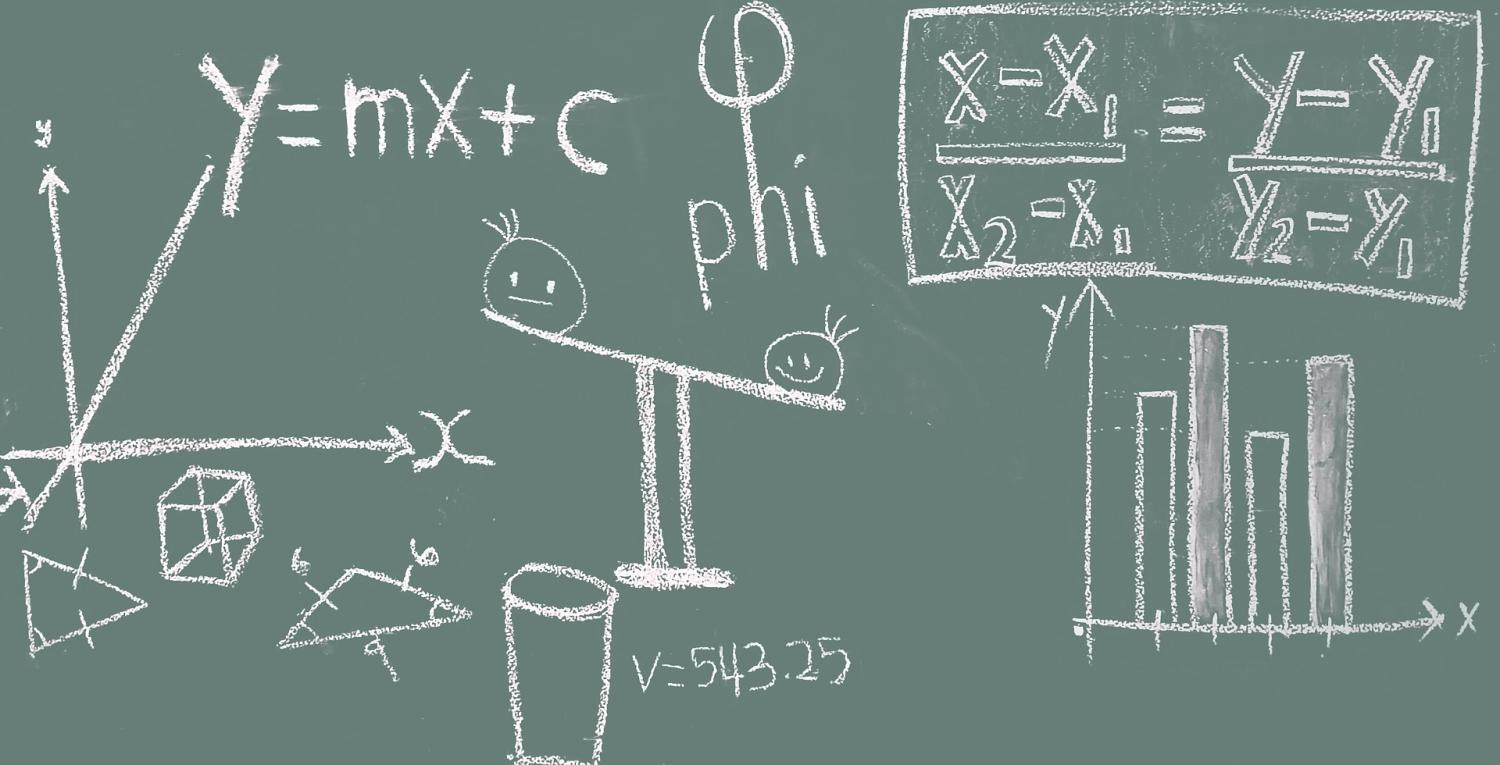In grade school, if someone had put a game in front of me instead of a dense impenetrable textbook, I think I would be okay at math instead of terrified of it. I’m great at figuring out games, but completely overwhelmed when trying to learn from a book of equations.
Right?
I said this 40 years ago - seemed pretty obvious when teachers would make a game out of learning at every grade level.
We did a stock market game in a high school class back then. Something a teacher had developed. It’s how I first came to understand how the market works.
Everyone learns much better when it’s done within a context.
I think part of the problem is text book authors make up problems that they haven’t taught you how to solve but they’ve taught you some pieces that maybe you could use to solve the problem, and then they expect you to figure the rest out… Which is just silly and IMO a major reason why kids that don’t have educated attentive parents struggle so much more.
You know I was actually thinking this the other day, I know so much about Egyptian, Roman, civil war, and WWII history entirely from video games… Ceasar 3, Civilization, The Nile, are any of those games still being made? I feel like it’s just civilization. Really developer’s back then didn’t even have a reason to throw in the history stuff but they did, for context and just a love for history.
RPGs helped me with mental math. I’d look up a boss’ HP, and count down as I did attacks (rounded to the nearest hundred or whatever made sense).
Mom, I need 5 more mins, I’m studying.
While not a perfect analogue, when I started studying in my profession—which happens to be a passion—I found my math skills increase tremendously.
Buckshot roulette had me running through probabilities again.
Math Munchers is why I can do basic math literally in my sleep. I had to get more creative with my alarms.
Finding ways for people to be passionate about things they don’t like is important.
Games only work because a lot of people like games, but it doesn’t mean it will work for everyone.
The primary difference between someone who is “good” at something and someone who is not, is the time they spent doing the thing.
Global Thermonuclear War







